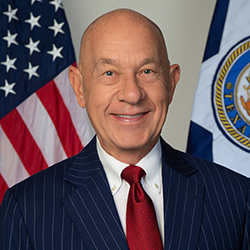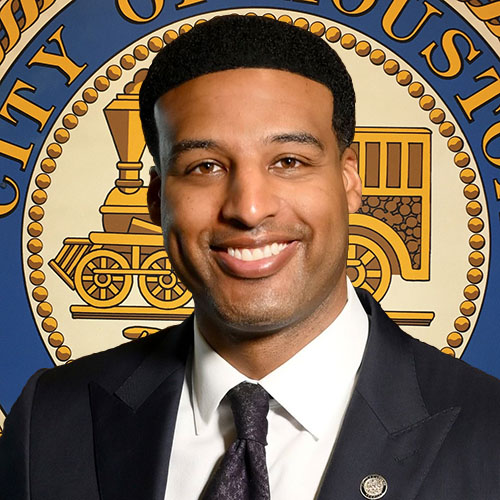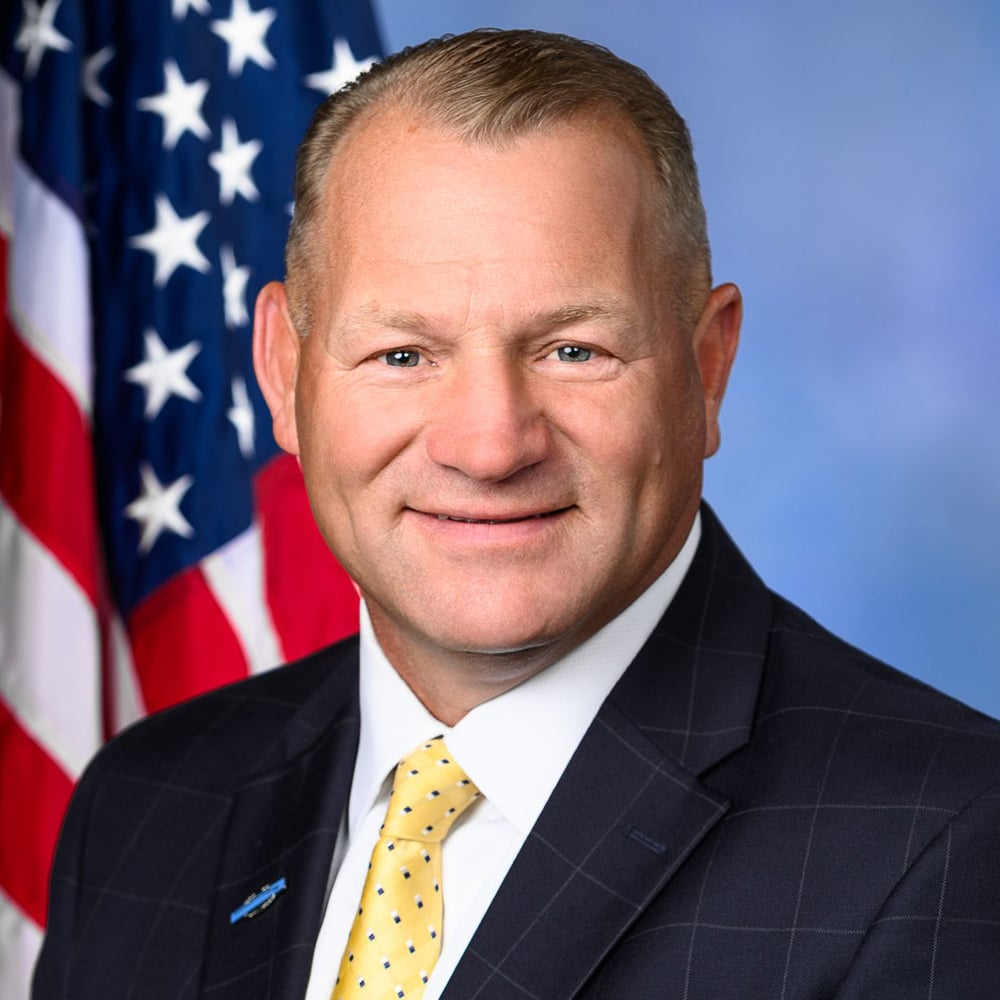A lot of the same stuff we’ve heard before here, but a little bit more details.
Houston Mayor John Whitmire detailed his last three months as the fourth-largest city’s top boss and outlined some of his ongoing projects in a one-on-one conversation with former Harris County Judge Ed Emmett Wednesday night.
Some of those plans include seeking voter approval to raise the property tax revenue cap and using his political experience to “mend” government relationships among local and state officials, which he addressed at an event with the Baker Institute for Public Policy.
Here are some important takeaways from the discussion:
The city is considering multiple ways to halt its anticipated economic shortfalls and pay for massive deals with some of its first responders. Whitmire believes all options are up for discussion. “We’re going to put everything on the table,” Whitmire said when asked how Houston plans to pay for the projected $1.3 billion firefighter deal. “We are the only major city in the state that doesn’t have a garbage fee,” he added.
In addition to a possible garbage fee, Whitmire plans to ask voters to increase their property taxes, a potential hike the city hasn’t seen in nearly two decades. “I will ask the public to make an exception for public safety on the revenue cap,” he said. “It would be $15 a month to have the response time for fire and police that I think a safe city needs. We’re a great city but we’ve got to protect our investment and go forward.”
[…]
While the city faces a potential $200 million budget hole, Whitmire suggested combining city and county department services to save some money, which could result in layoffs. It’s still unclear how the project would be implemented, but he said he’s open to the idea.
“We got two library systems and two parks, and I could go on and on,” Whitmire said. “We got 85 law enforcement agencies in Harris County. They don’t even talk to each other. They can’t talk to each other and help each other on the radio.”
There’s more in this earlier Chron story. The Houston Landing went into some detail about the pushback Mayor Whitmire has been getting from Council. The main new information here is the number specified for a property tax rate hike, though how much that might raise and how that would work with both the city and state revenue caps is unclear to me. Consolidating services with Harris County is an ongoing project – certainly the library is a ripe target for that given the recent goings on. It does take two to tango, and as much as the Mayor likes to talk about improving relations with the state government, he shouldn’t lose sight of the relationship we have with our county government. Some of the commissioners are fond of bicycles. I’m just saying.
Anyway. It’s my understanding that members of Council still haven’t seen the deal details, which one assumes they will need to do in order to vote on it. We still don’t know what a bond issue to fund the back pay looks like. I at least don’t know what happens if we do have a vote and it ends in failure. There’s still a lot to do, and there’s still a budget to write and pass. On we go.


















